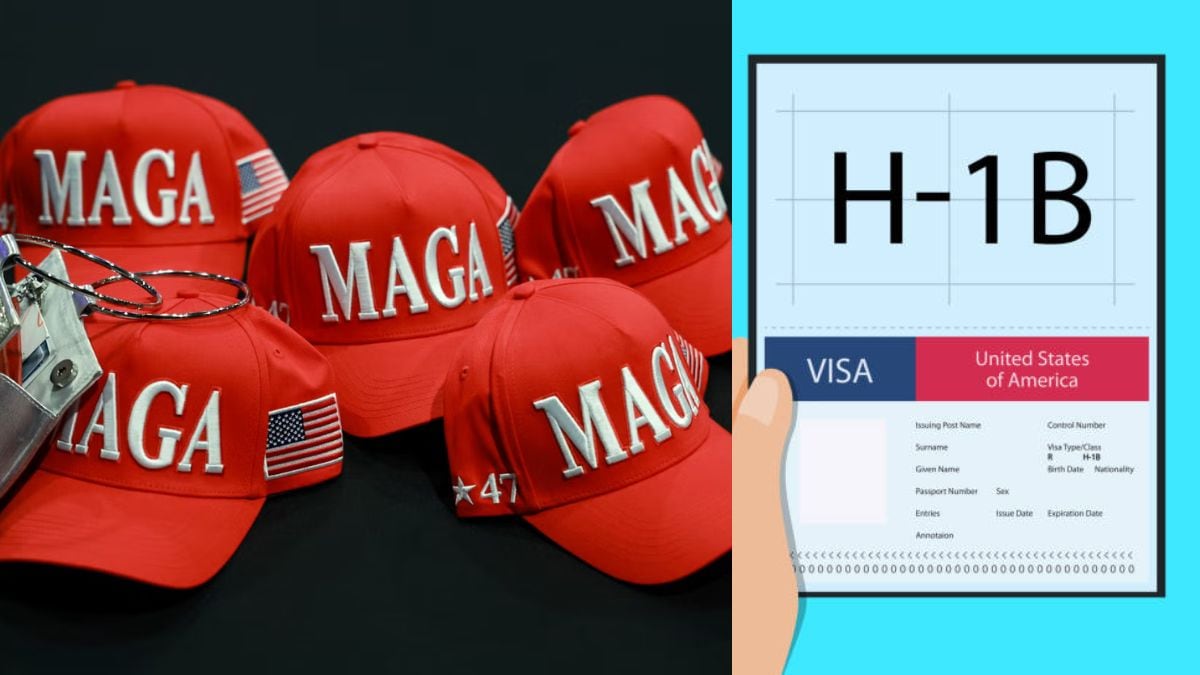Employers Pause H-1B Sponsorship Amidst $100K Fee Policy & Legal Challenges
This substantial fee hike and its resulting employer pullback could fundamentally reshape H-1B hiring, forcing companies to reconsider their talent acquisition strategies and prompting skilled workers to explore alternative visa pathways.
Subscribe to our newsletter and stay informed about latest H1B news, policy updates and and other developments.
Article Summary
Leading U.S. employers are reportedly pausing or scaling back H-1B visa sponsorships due to a recent Trump administration policy imposing a $100,000 fee for each new H-1B application for certain workers. This new rule, intended to attract top talent and prevent wage suppression, has provoked legal challenges, industry concerns, and significant public debate online, with USCIS clarifying its application to non-H-1B holders outside the U.S.
Original Article: financialexpress.com
[ Sentiment: negative | Tone: factual ]
This summary and analysis were generated by TheNewsPublisher's editorial AI. This content is for informational purposes only; it does not constitute legal or immigration advice.
[ Sentiment: negative | Tone: factual ]
This summary and analysis were generated by TheNewsPublisher's editorial AI. This content is for informational purposes only; it does not constitute legal or immigration advice.
TNP AI: Key Insights
This reported $100,000 H-1B fee, if fully enforced as described, represents a monumental shift in U.S. immigration policy, significantly increasing the cost of international talent for employers. It compels companies to re-evaluate their global hiring strategies, potentially pushing them towards alternative visa categories like L-1 or O-1, or even accelerating offshoring trends, directly impacting the availability of H-1B opportunities and the U.S.'s competitiveness in attracting skilled workers.
While the article describes this as a 'new rule' from the Trump administration, a blanket $100,000 fee for *all* new H-1B applications has not been a standard, widely implemented policy in the H-1B program. Past administrations proposed various fee increases, particularly for high H-1B dependent employers or specific services, but such a broad, high fee would be unprecedented and likely face intense legal scrutiny, as indicated by the mentioned 'legal challenges.' Compared to skilled worker visa fees in the UK, Canada, or Australia, this amount would position the U.S. as an outlier, potentially deterring talent and investment.





